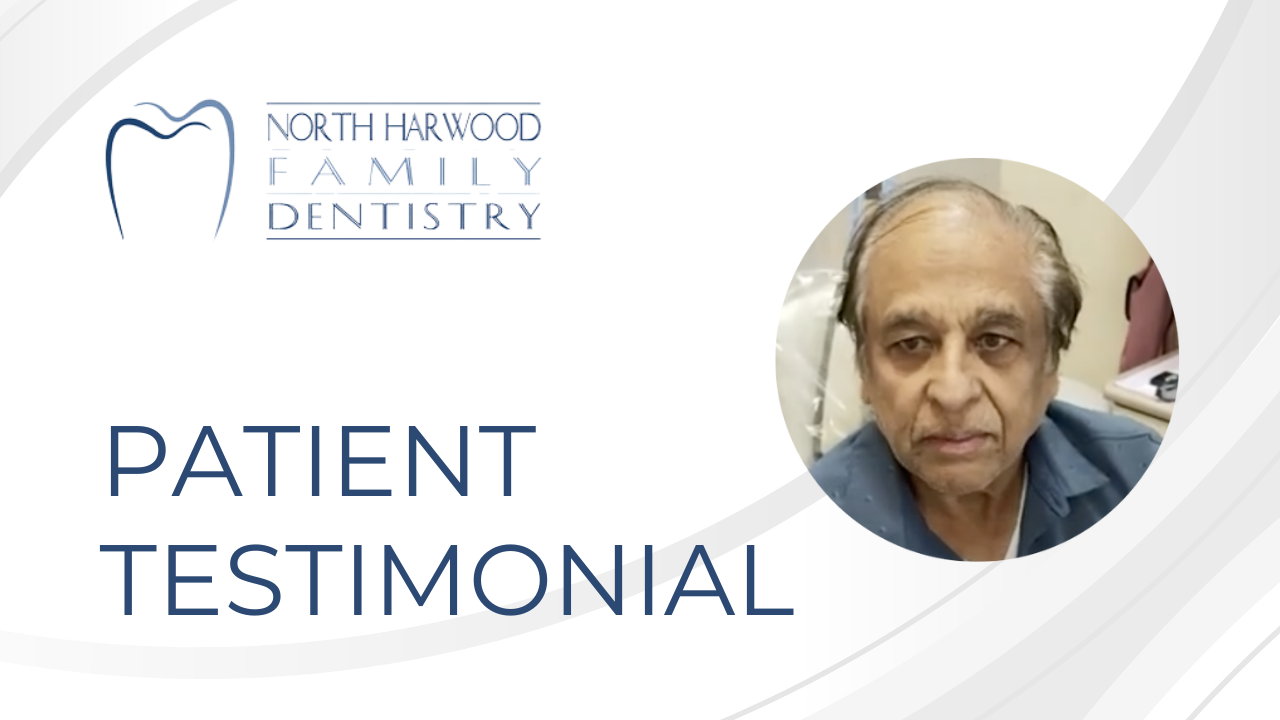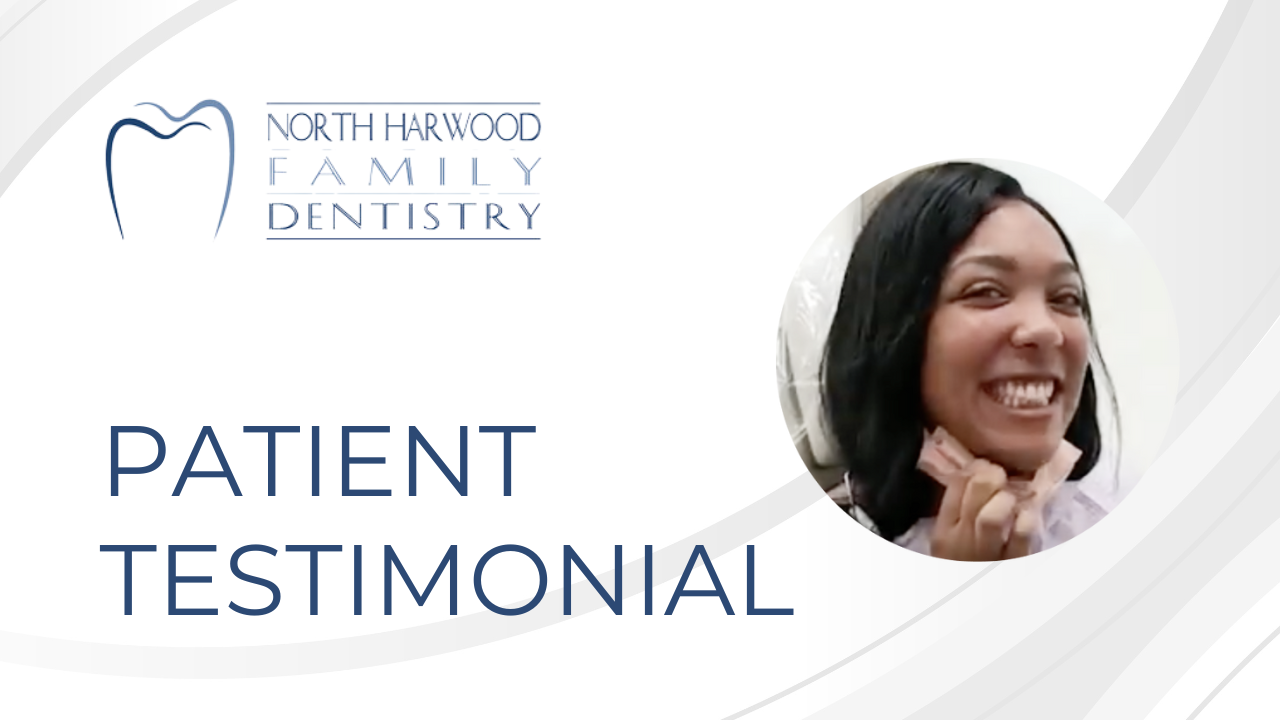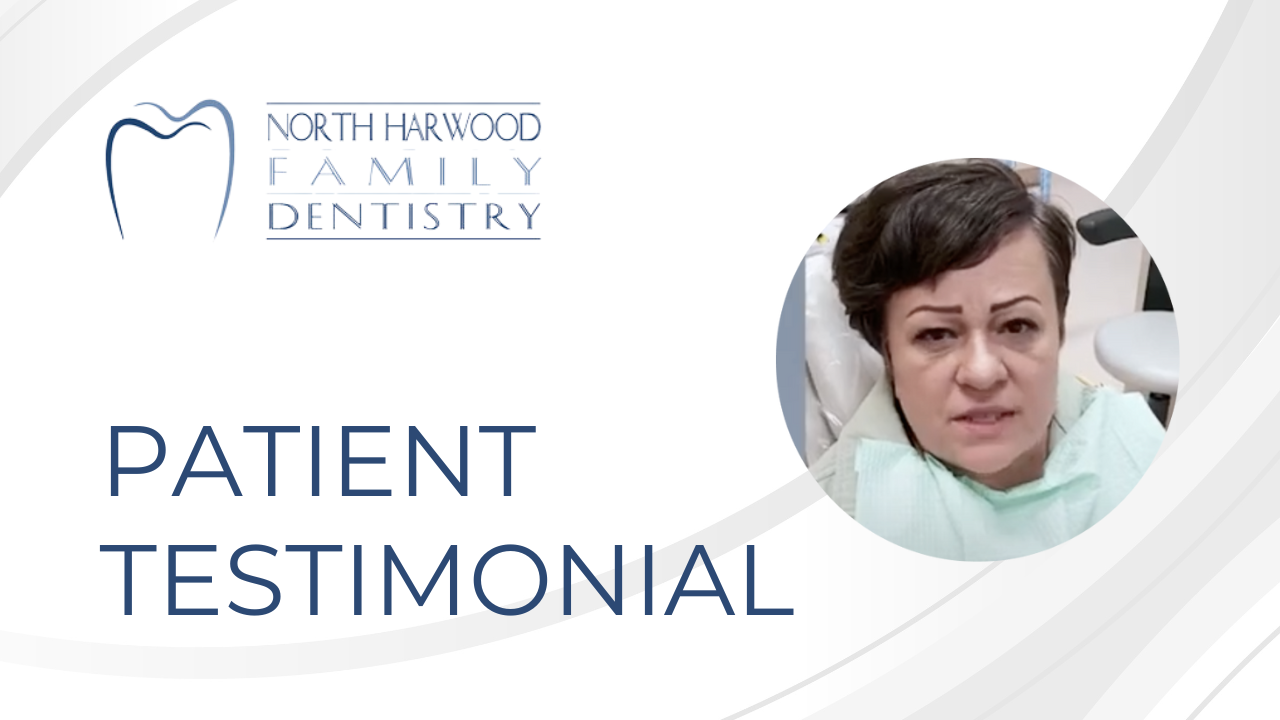
Understanding Sleep Apnea
Sleep apnea, a prevalent sleep disorder, interferes with your breathing during rest. Those affected might experience interruptions in their sleep over 30 times nightly. Common symptoms include pauses in breathing, sudden gasping during sleep, waking up with headaches, daytime fatigue, a sense of mental cloudiness, and notably, loud snoring that may disturb your loved ones.
- Obstructive Sleep Apnea – This widespread variant is due to tissues at the throat’s back collapsing, consequently obstructing the airway while sleeping.
- Central Sleep Apnea – Rooted in a mismatch between the brain’s signals and muscle actions, this type results in disrupted breathing patterns.
There are primarily two forms of sleep apnea:
The Advantages of Sleep Apnea Treatment
Undoubtedly, restful sleep is pivotal for our mental and physical health. Regardless of whether you recall waking up, sleep apnea interrupts your sleep rhythm, impacting both immediate and long-term aspects of your well-being, interpersonal ties, and overall life quality. So, what positive changes can you expect from sleep apnea therapy?
Boosted Physical Health
Addressing sleep apnea can diminish potential health risks like hypertension, cardiovascular concerns, type 2 diabetes susceptibility, liver ailments, and metabolic stress. Moreover, treatment can reduce complications related to surgical procedures and medications.
Rediscover Clarity and Focus
Ever had that sensation of missing a thought? Or struggling to phrase your feelings? Many with sleep apnea describe mornings of grogginess and enduring cognitive haziness throughout the day. Post-treatment, individuals often convey enhanced clarity, concentration, and a sense of returning to their usual self.
Enhanced Personal Bonds
Managing your sleep apnea benefits not just you, but your loved ones as well. Lessening or ceasing your nocturnal disruptions and snoring ensures that your partner also enjoys restful sleep. This shared rejuvenation leads to brighter moods for both, setting a positive tone for parenting, professional commitments, and personal interactions. Indeed, a cheerful disposition can be infectious.
Approaches to Sleep Apnea Treatment
The treatment avenues for sleep apnea are diverse, contingent on its origin and intensity. It’s also essential that we tailor a solution aligned with your daily habits and preferences.
Home-Based Solutions
Encouragingly, individuals with mild sleep apnea can often initiate remedies from the comfort of their homes. Our dental team might advocate for weight reduction, refraining from alcohol and sedatives, modifying sleeping positions, adhering to sleep hygiene principles, and ceasing tobacco use. Owing to their safe and effective nature, these measures frequently complement other treatments.
The CPAP Route
The Continuous Positive Airway Pressure (CPAP) system is presently the predominant therapeutic approach for sleep apnea. It entails wearing a mask covering the nose and/or mouth during sleep, which links to a device producing a consistent airflow. This maintains open airways, facilitating regular breathing. Various mask designs and machine types exist to cater to individual preferences and necessities.
Dental Devices
Several dental apparatuses, akin to mouthguards, can be worn overnight to mitigate sleep apnea symptoms. Depending on the root cause of your condition, these tools might curb snoring, reposition the jaw for unobstructed airflow, or stabilize the tongue.
Surgical and Pharmaceutical Interventions
In certain cases, surgery or medication may address sleep apnea’s underlying causes. Typical surgical procedures involve rectifying a deviated nasal septum, widening a constricted throat or air passage, or making jaw adjustments to prevent obstructions in the throat.
Contact us today
to schedule an initial consultation & exam.
Your consultation will include an examination of everything from your teeth, gums and soft tissues to the shape and condition of your bite. Generally, we want to see how your whole mouth looks and functions. Before we plan your treatment we want to know everything about the health and aesthetic of your smile, and, most importantly, what you want to achieve so we can help you get there.

Winner of the Three Best Rated Award
Dr. Asad Hasan is the winner of the 3 Best Rated award for Best Dentists in Ajax.
Frequently Asked Questions
Sleep apnea symptoms essentially revolve around an inability to achieve deep sleep, leading to various repercussions. Those with sleep apnea may frequently snore or do so loudly, experience breathless spells while asleep, be startled awake with choking or gasping, need nighttime bathroom visits, and often wake up feeling unrefreshed. Daytime consequences can include headaches, focus challenges, irritability, memory lapses or mental haziness, and a reduced libido.
There are various potential causes for sleep apnea. In adults, obstructive sleep apnea is the predominant type, primarily linked to being overweight or obese. Only a thorough evaluation by a healthcare professional can accurately determine the nature and root cause of your sleep apnea.
If you’re experiencing sleep apnea, your brain detects the oxygen deprivation and momentarily wakes you to clear your airway. These awakenings can be so fleeting that they’re forgotten by morning. It’s possible to experience these brief interruptions over 30 times a night, leading to a feeling of grogginess the following day, even if you don’t recall waking up.
Your risk for sleep apnea may be elevated if you’re overweight, male, have a family predisposition towards sleep apnea or disturbed sleep, consume alcohol or sleeping tablets, smoke, or suffer from nasal blockages. Furthermore, older adults tend to experience sleep apnea more frequently.
Studies indicate that the lateral sleeping position, or simply sleeping on your side, is the most effective position for alleviating sleep apnea and snoring.
Although the majority of individuals with obstructive sleep apnea are overweight, the disorder has multiple causes, and even those with a slender physique can be affected.









